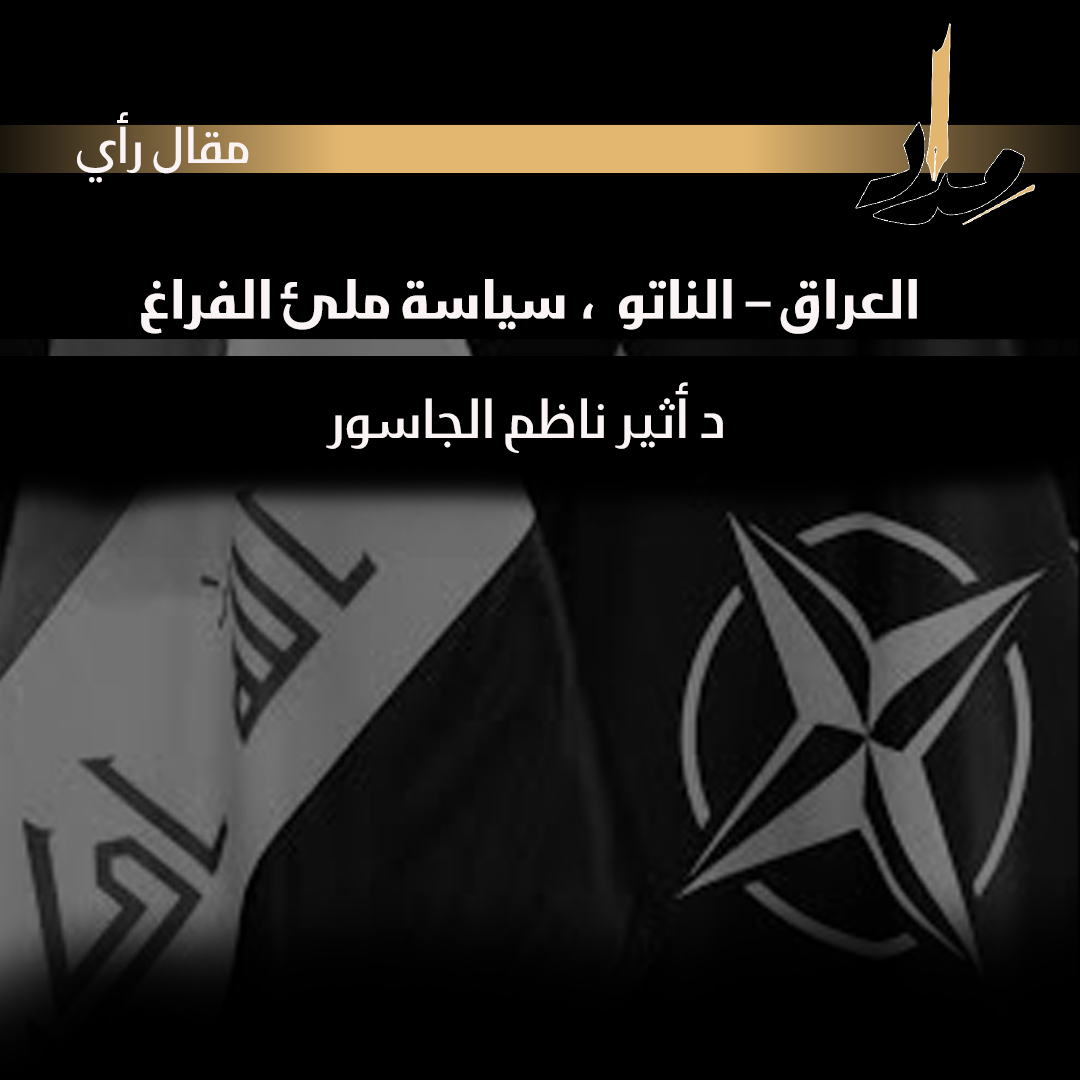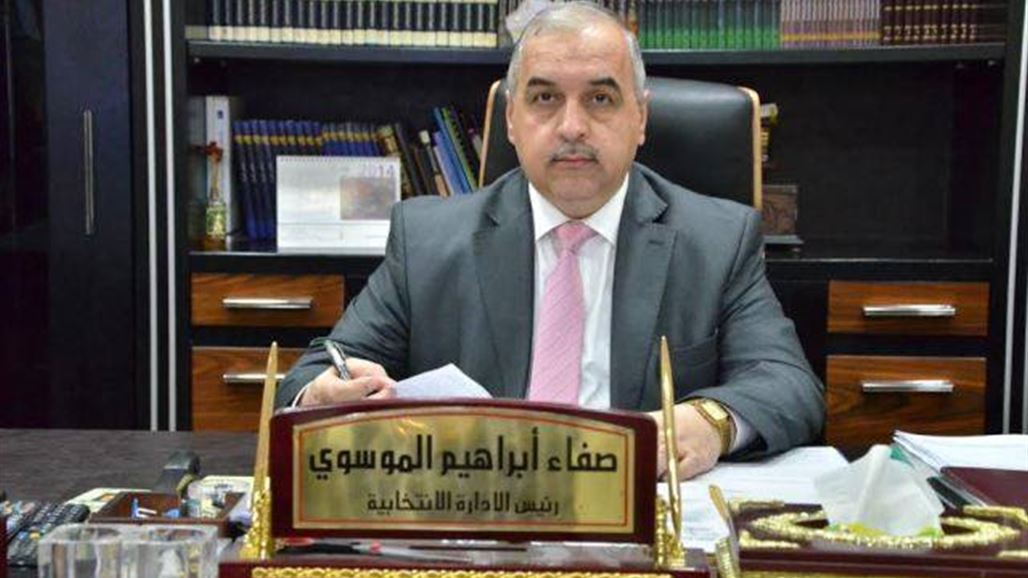 2021 / 24 / May
2021 / 24 / May
Some believe that NATO could potentially contribute to filling the vacuum left by the United States as it withdraws from Iraq. This belief is rooted in the prevailing assumption that, since the U.S. leads the alliance, NATO operates according to American principles and orientations. This leads to the perception that whether it is the U.S. or NATO present, the situation remains the same. However, such an interpretation may be overly simplistic, assuming constant harmony among allies and direct control by the major power over every detail of the alliance’s operations. While the U.S. does indeed contribute around 75% of NATO’s financial expenses and often invokes cost considerations, this does not eliminate the presence of disagreements and divergences with its European allies, whether in determining the alliance's strategic direction or its priorities. Thus, discussions about increasing NATO personnel in Iraq suggest that the alliance is attempting to fill a political and military void in the country.
On February 18, 2020, NATO Secretary General Jens Stoltenberg announced the alliance’s intention to increase its personnel in Iraq from 500 to 4,000 members. The deployment would be in accordance with the security conditions on the ground and the authorization process conducted by the Iraqi government. The Secretary General also outlined a set of options the alliance hopes to offer Iraq, including:
Expansion to individual force commands: This involves a modest increase in the number of advisors and support personnel.
Expansion to other ministries: This would broaden the mission's engagement with additional Iraqi security institutions, potentially including cooperation with the Ministries of Interior and Justice, along with other security bodies.
Expansion beyond Baghdad: This indicates the possibility of cooperation with security forces in the Kurdistan Region and the Ministry of Peshmerga Affairs.
NATO’s mission—whether training, advising, or even combat—remains contingent on three levels under which the alliance operates when acting beyond its territories. These are: through a United Nations mandate, as was the case in Libya and previously in the Balkans; by consensus among member states, such as in Afghanistan under Article 5 of the NATO Charter; or by request from a concerned state, as was the case with Iraq’s request for training support since 2004.
Despite statements circulated by media outlets and official pages of Iraqi officials and NATO leaders, the issue of increasing troop numbers continues to outline a new trajectory in NATO’s strategic thinking, as well as that of its member states. Moreover, NATO’s operations outside its borders require greater effort, making the concept of "filling the vacuum" a central issue that must be revisited—albeit in its more constructive aspects.

For the name of Al-Rubai and the surname: Safaa Abdul-Jabbar Ali Ali Akbar Al-Musawi Place and date of birth: Iraq / 1969 Marital status: married, number of children: three Languages: Arabic / English Scientific title and date of obtaining it: Professor 2017 Work place: Karbala University Detailed specialization: economic theory / quantitative economics. Computer experience: good